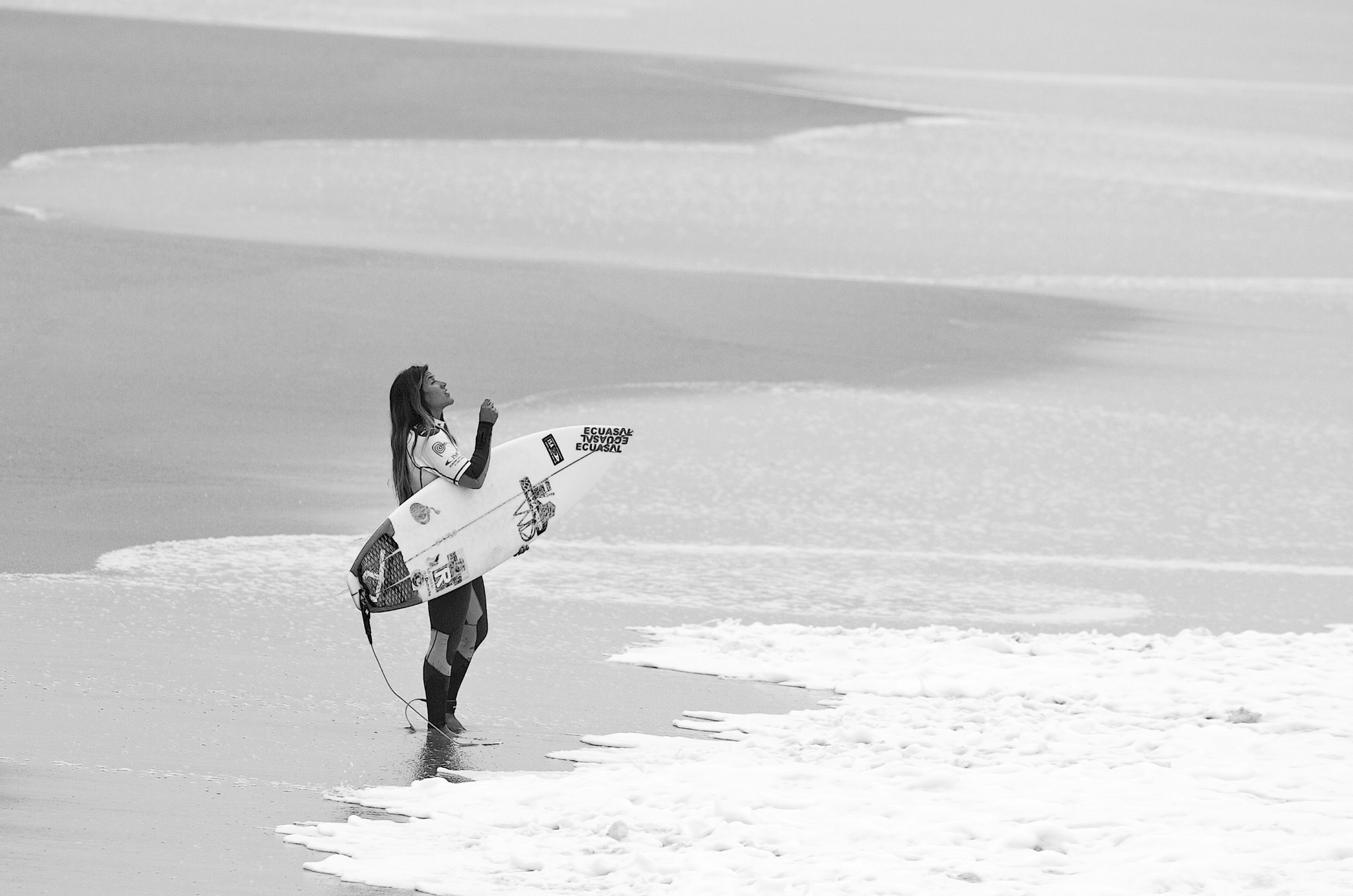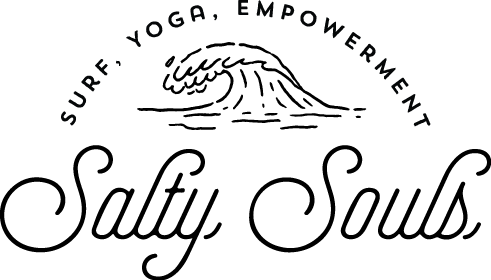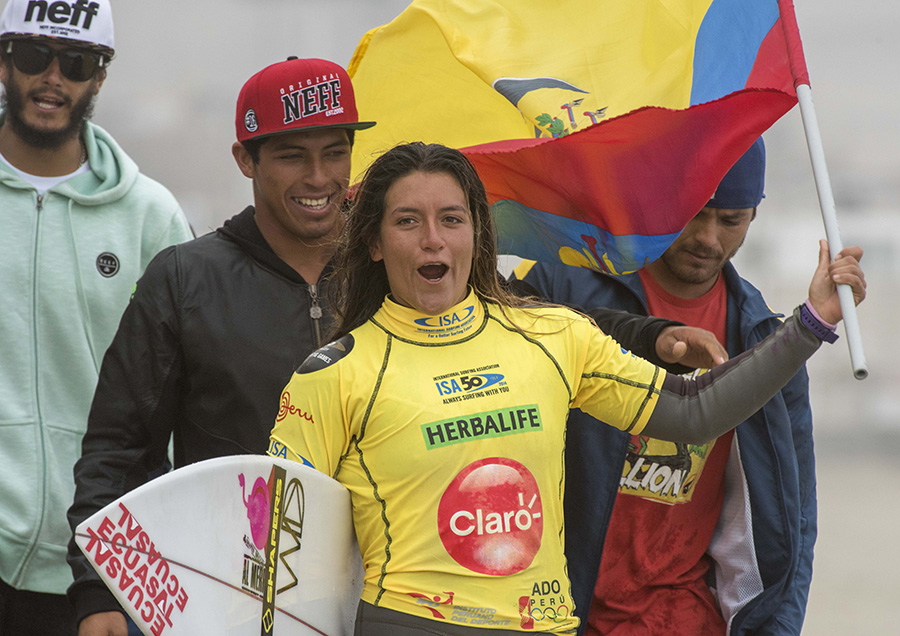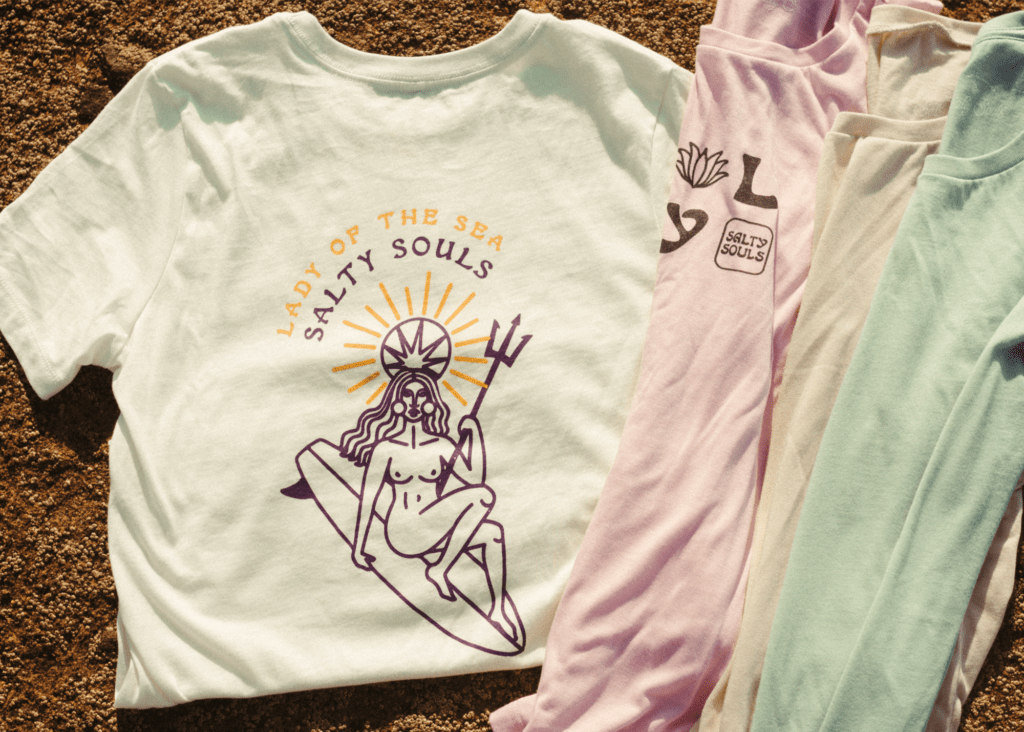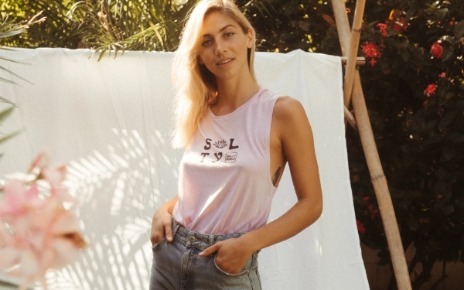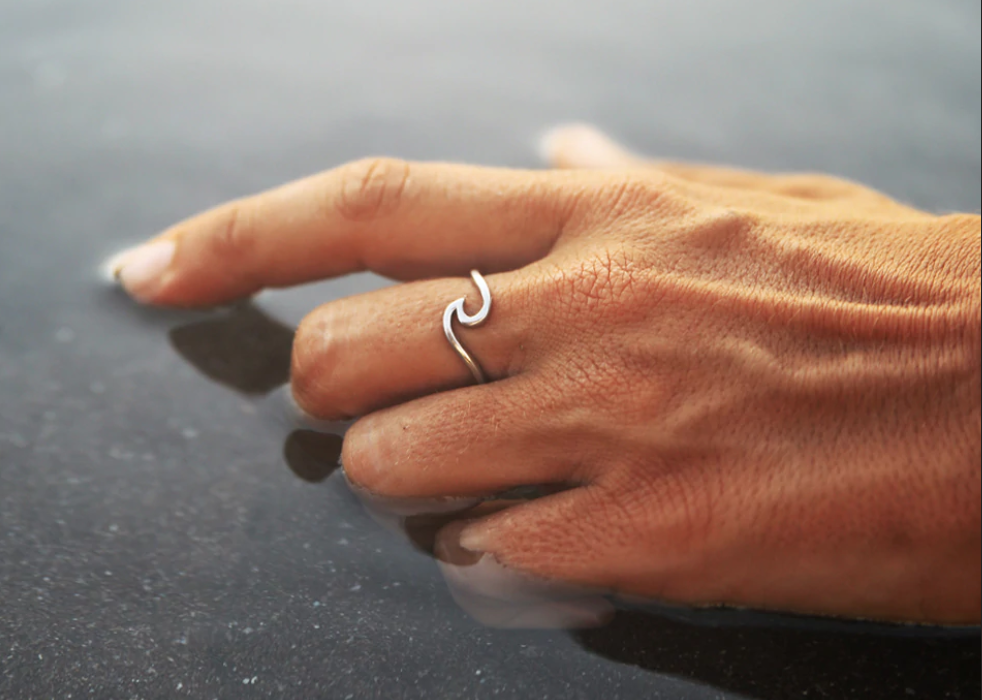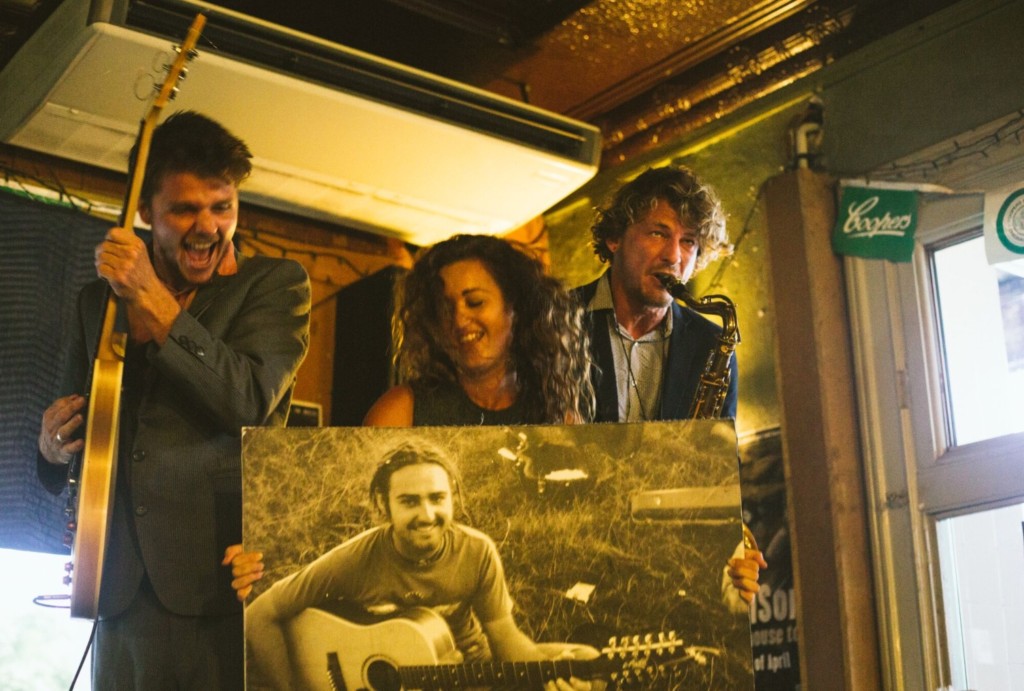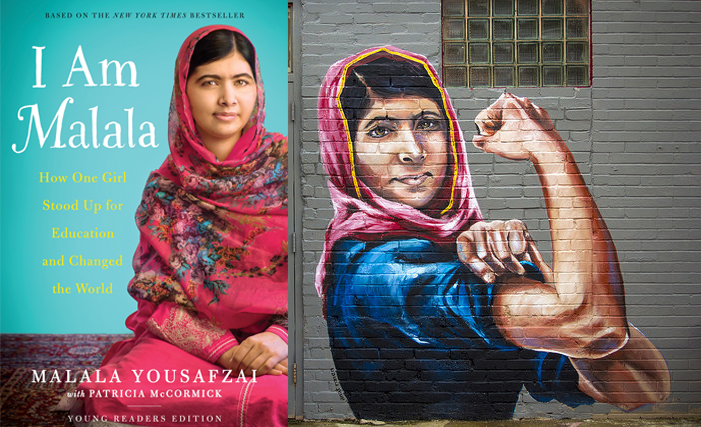When you think “professional surfer” images of hotels, a wide selection of boards, surf coaches and strict diets might come to mind. But picture this: some of the most talented surfers in Latin America sleep in their board bags on the beach and split one meal three ways just to compete. These are athletes who work hard, train hard, absolutely shred in the water. But due to lack of sponsorship these athletes forced to at best, eat an unhealthy diet and use sub-par gear and at worst, forgo travelling to necessary competitions entirely, greatly reducing their chances of professional success.
In June Mimi Barona of Montanita, Ecuador, placed second at the World Qualifying Series prime in Los Cabos, Mexico. She is now in the top seven of the world qualifying series and has a strong chance of entering the World Championship Tour if she can compete in the remaining events of the WQS of 2016. But that requires a kind of financial backing she currently does not have. Because of this, she may not be able to compete in the remaining competitions in California, France, Spain, Costa Rica, Chile, Japan and Brazil.
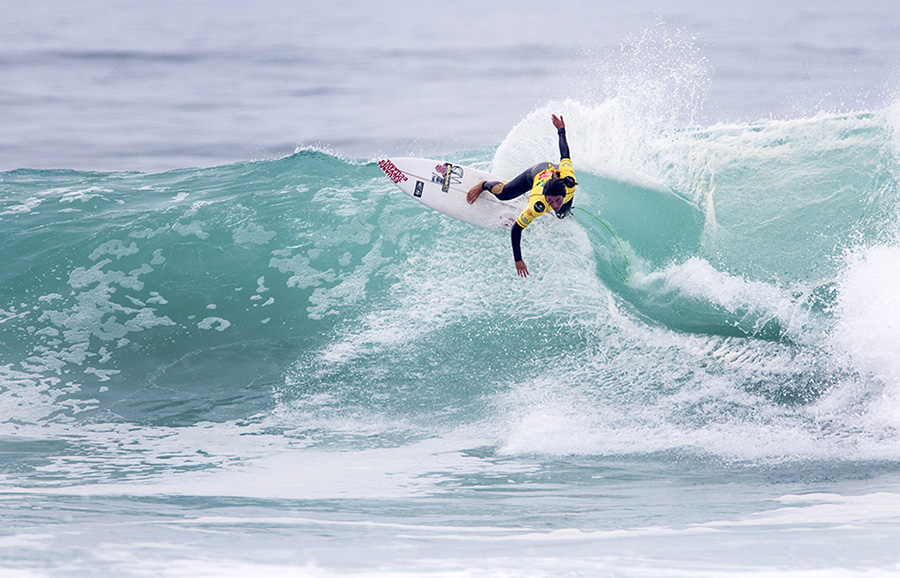
Meeting Mimi
I first met Mimi when she was competing at the Impresionante QS6K Women’s Series at Punta Roca. Bright white smile and full of energy, she was running across the grass with her board, dodging the spectators with ease. A friend I was with called out to greet her and mid-stride, she threw that giant, warm smile over her shoulder at us both, and continued running. And I remember thinking, damn. Sometimes you come across a certain person who has this vitality or energy about them that makes you instantly want to know them, know their story. Straight off the bat you know they’re a good person. It’s in the way they interact with their friends -in energetic, teasing Spanish in this case- but also with their surroundings, and with people who have absolutely nothing to offer them.
I ran into Mimi more and more in the in the small surf town of El Zonte over the next few weeks. One of those times she was casually walking to the corner store, barefoot, with a towel over her just-washed hair. Another time was hiding under a roof in the middle of a El Salvador rainy-season afternoon thunderstorm (anyone who has been there knows they can get a little crazy). And each time I met her my want for her to have the chance to kill it at the WCT solidified. Gracious, funny and humble, Mimi says for a long time she felt uncomfortable about asking others for money to support her dream. But through the odds she’s had to face and push through every day to keep plugging at her dream, I think she damn well deserves it.

Sponsorship in Ecuador: exploiting professional surfers
Most surfers rely on sponsorship as their main financial support, but in Ecuador, sponsorship opportunities are either so sparse or monopolized under the ownership of a single party. This means professional surfers are often exploited and given extremely small amounts of money in exchange for representation. Mimi remembers when one sponsor had her representing one particular brand for two hundred dollars a month -barely enough to get her boards on a plane, let alone the other bare-minimum necessities to compete.
“In Ecuador some sponsors like the image it gives them to represent a professional surfer. But they don’t really care about the career of the surfer, what is truly needed to be able to perform and progress.
“So with this sponsor, they used my image while I held the title of Latin America Champion and it looked like they were taking care of me.
“But behind the scenes I was selling boards and fins and trading gear just to scrape to the next competition.”

Hard times
At one competition in Panama, Mimi slept on the beach in her board bag and was splitting one full-sized meal between herself and two other competitors, brother Israel and friend “Gato” (Spanish for ‘cat’) Jonathan Zambrano.
“We were splitting meals between the three of us and filling up on one-dollar bread and bananas to stretch our money further.”
“When you’re competing you shouldn’t be worried about if you’re going to eat, where you’re going to sleep, how you’re going to bring your board.
“You should be focused on the competition.”
Sponsorship and Latin American Female Surfers: Why So Sparse
The issue of sponsorship, or lack of, for some female surfers in Latin America is a many-pronged issue. Professional Brazilian surfer and Barona’s friend Silvana Lima has been outspoken in the media about sponsors seemingly only wanting to support women who look like models. Journalist Casey Butler supported this view in an article for The Inertia where she wrote “the scarcity of female Brazilian surfers on the world stage is due to a lack of funding and a shortage of brands believing that female surfers are worth their investments.” And if Mimi’s story is anything to go by, it would appear this is the same case in Ecuador as well. Why, for example, is a surfer like Alana Blanchard ranked 62nd in the world where as some women in the top ten struggle to find sponsorship?
“I feel like being a third world country has for years has shaped women’s roles” Australian CT veteran Bec Woods told The Inertia.
“Where much of the world is trying to move forward through a lot of women’s issues, some later countries with poverty issues [seem to] have priorities on different things. Which is a shame, because they would be supporting a move of empowerment and probably boost the whole country.
The world wouldn’t know what hit it.”
On a more personal level, Mimi has her own reasons for pushing through such an uncertain future. At fifteen Mimi said she wanted to be the Latin Champion one day, and was told it wasn’t possible.
“This guy said ‘Mimi, I’m sure you can be the national champion, but probably don’t aim any higher than that, because it’s not possible.
From that day something clicked in her, and motivated her to push through the adversity. Just that thought. You think I can’t make it to international champion? Watch me.
Family, Mimi’s Driving Force
That was a motivation for a long time but a few years ago, the driving force pushing her forward toward her dreams changed.
“A few years ago my sister was diagnosed with diabetes,” Mimi says.
“Ever since then my motivation has changed.
“I surf and I persevere to prove to her that even if the odds are stacked against you, when you truly want something and you have a goal you’re passionate about, anything is possible.
“Believe in yourself.
“That is why I do this every day- that is why I push through.”
If you would like to help Mimi finish the remaining events of the WQS, buy her a meal or a nights accommodation, you can now easily support her here. Any little bit truly makes a difference.
